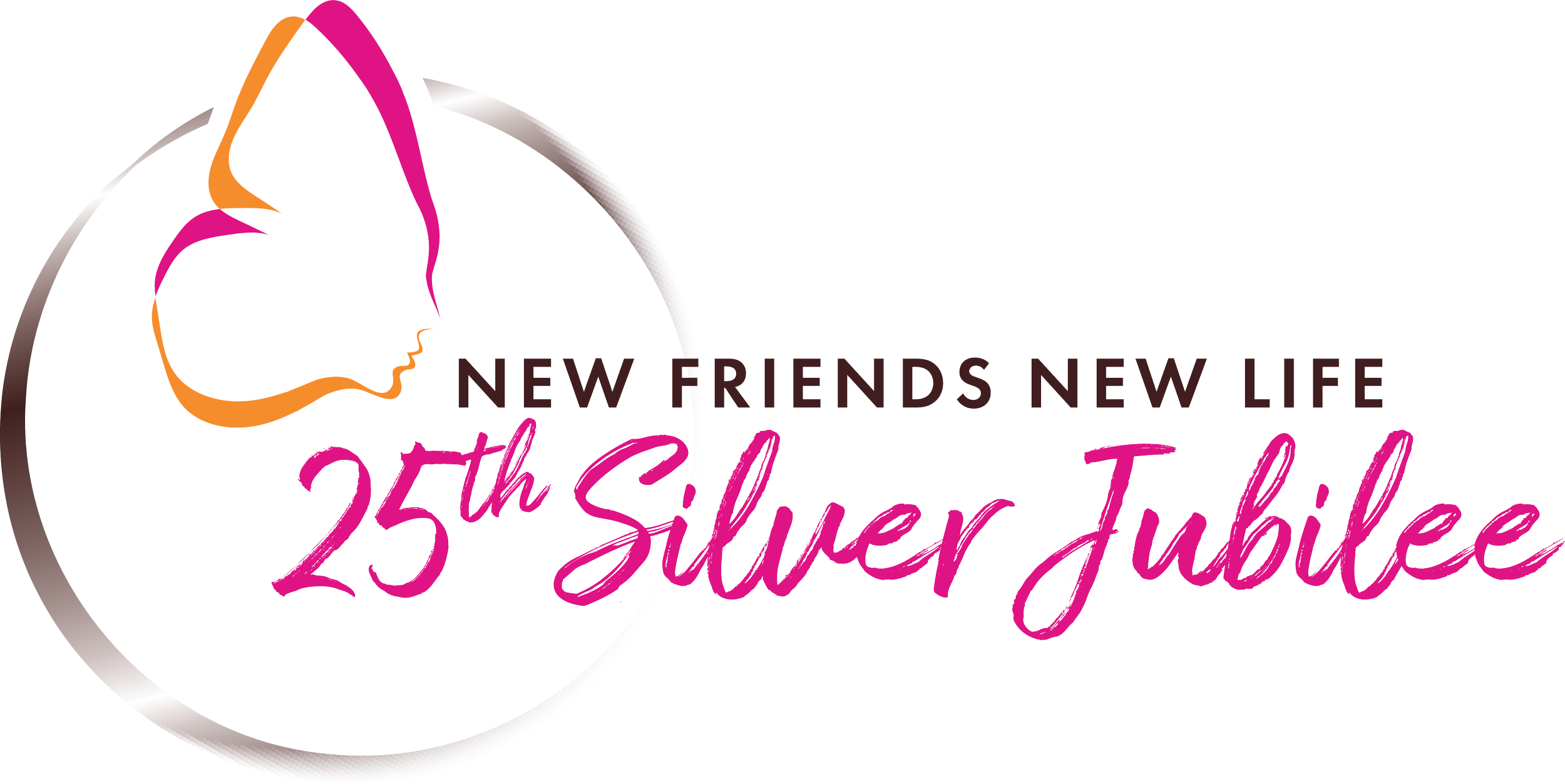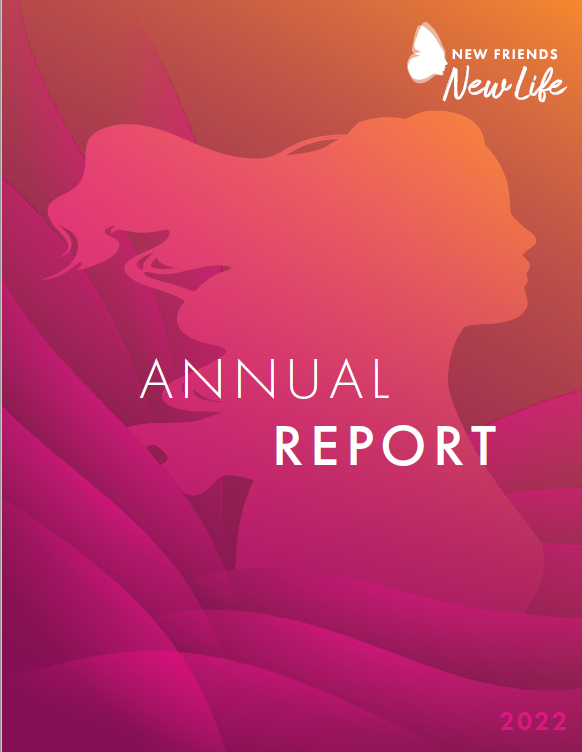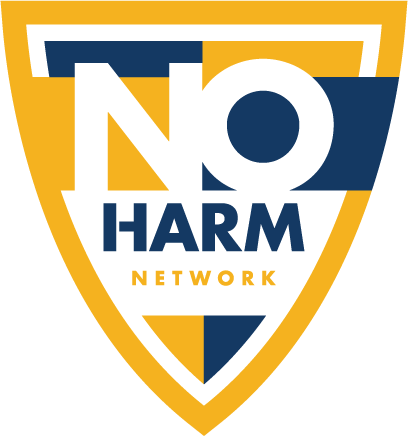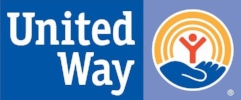Insights on the Immeasurable Impact of the Nonprofit Industry
/Written by Bianca Davis, CEO
One of the many things I’ve come to admire about Dallas is the philanthropic spirit of this community. Local nonprofit organizations like New Friends New Life are able to affect change around significant social issues because of the incredible generosity and support of the individuals, civic leaders, and corporations who are bold enough to fight against sex trafficking, domestic violence, homelessness, hunger, and a host of other social ills. In recognition of National Nonprofit Day on August 17th, let’s look at the impact of this industry.
There are more than 1.5 million nonprofit organizations (NPOs) in the U.S. These NPOs account for $2.62 trillion in revenue, and represent the third largest workforce in the country, behind only retail and manufacturing! As you may know, what sets NPOs apart from for-profit companies is what happens at the bottom line at the end of the fiscal year. NPOs raise money to provide services to the community - most nonprofits provide these services (counseling, housing, training, etc.) at no cost to the clients (like at NFNL), or at a nominal cost. There is no distribution of earnings to stakeholders or individuals at the end of the year.
For the past 25 years, New Friends New Life has thrived and grown as a nonprofit organization committed to restoring and empowering survivors of trafficking and exploitation. This weighty mission is only attainable through donor support, and every gift makes a difference. I recognize that celebrating a Silver Jubilee year is no small feat, given the sober statistic that only 50% of nonprofits are successful. In fact, 30% of nonprofits don’t make it to 10 years before having to close their doors. The fact that NFNL is still in the fight 25 years later is a testament to YOU, for whatever action you have taken to show your support – donating your time, your dollars, or amplifying our message in your workplace and social circles.
Speaking of donated dollars, in 2021, 56% of people in the U.S. donated an average of $574 to charity. In addition, 45% of donors worldwide participate in a recurring gifts program. (Click here to join NFNL’s Power of 10 Club). This commitment to giving is significant particularly because of the lingering economic impact of the pandemic which wreaked havoc on the nonprofit sector at that time – many NPOs are still trying to recover.
It is not lost on me that NFNL has been able to maintain and grow its services, staff, and programs despite the troubled waters of the past three years. This shows very clearly that our strategic and passionate Board of Directors, our brilliant and compassionate staff, and YOU are making a difference – the most giving and collaborative group of donors and supporters anyone could ask for. Each day brings new challenges and new opportunities, with the only certainty being that of our commitment to creating a community where women and girls can soar above the limits of their pasts to achieve their dreams.
I invite you to read our newly released 2022 Annual Report to see how your investment in New Friends New Life is impacting the women and girls we serve, and the larger community.






















